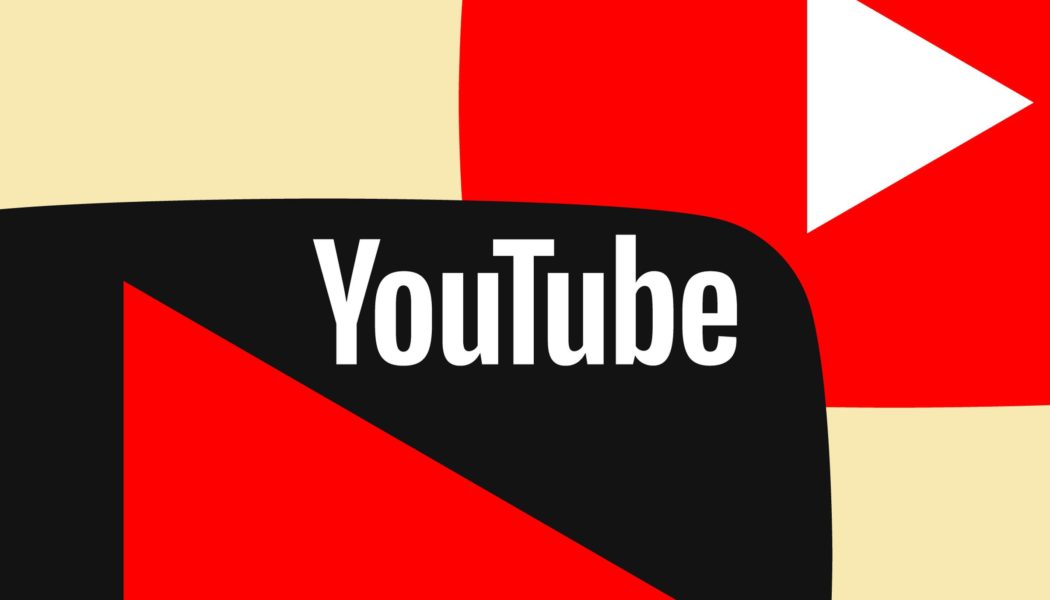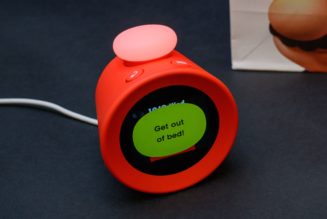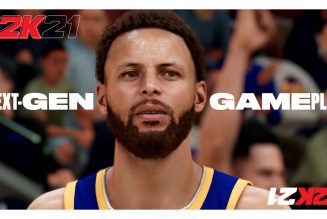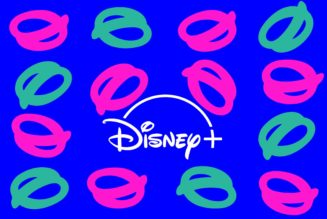The platform is tightening its rules around content showing or describing disordered eating. YouTube will also restrict some videos for young viewers.
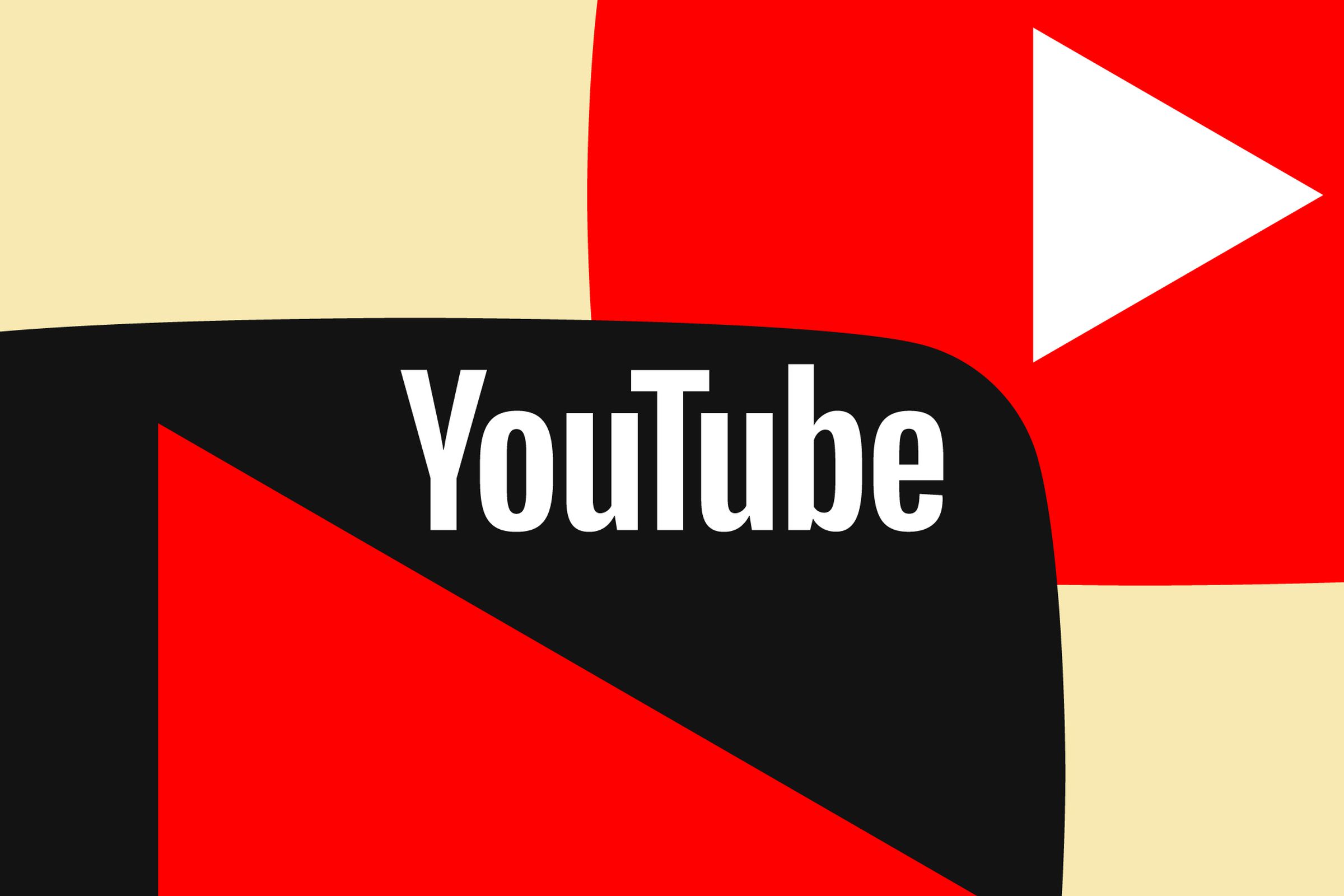
YouTube will remove additional videos related to eating disorders, including content that shows or discusses “imitable behavior,” the company announced today.
Videos promoting or glorifying eating disorders are already banned on YouTube, but this policy update expands the rules to include content that shows or describes eating disorder behaviors that audiences could imitate. Videos that show or describe “weight-based bullying in the context of eating disorders” will also be banned under the new policy.

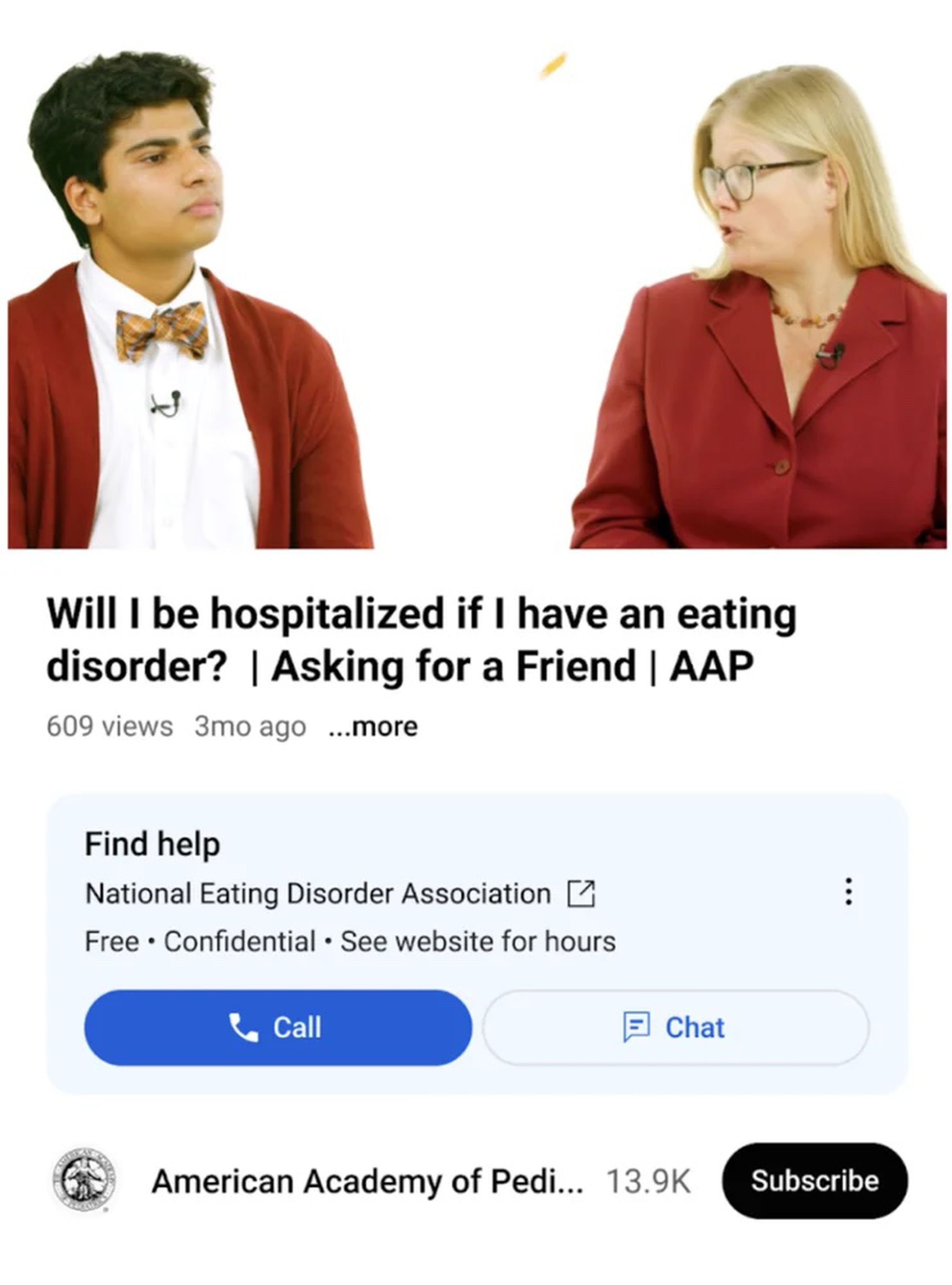
YouTube will also begin restricting young viewers from accessing content related to eating disorders, including videos that discuss recovery. Videos about recovery where the creator discusses past eating disorder behaviors may require viewers to be over 18 years old or prompt users to sign in if they’re not already. Additionally, eating disorder resource panels will appear below relevant videos in the US, UK, India, Canada, Japan, Korea, Mexico, France, and Germany, with more regions to come in the future.
Other platforms where eating disorder and weight loss content has proliferated have taken different measures to address the problem. In 2021, Pinterest banned all weight loss ads on the platform with guidance from the National Eating Disorders Association (NEDA), which embraced the change. Last year, TikTok banned content promoting disordered eating symptoms like overexercising and short-term fasting that are “under-recognized signs of a potential problem.”
